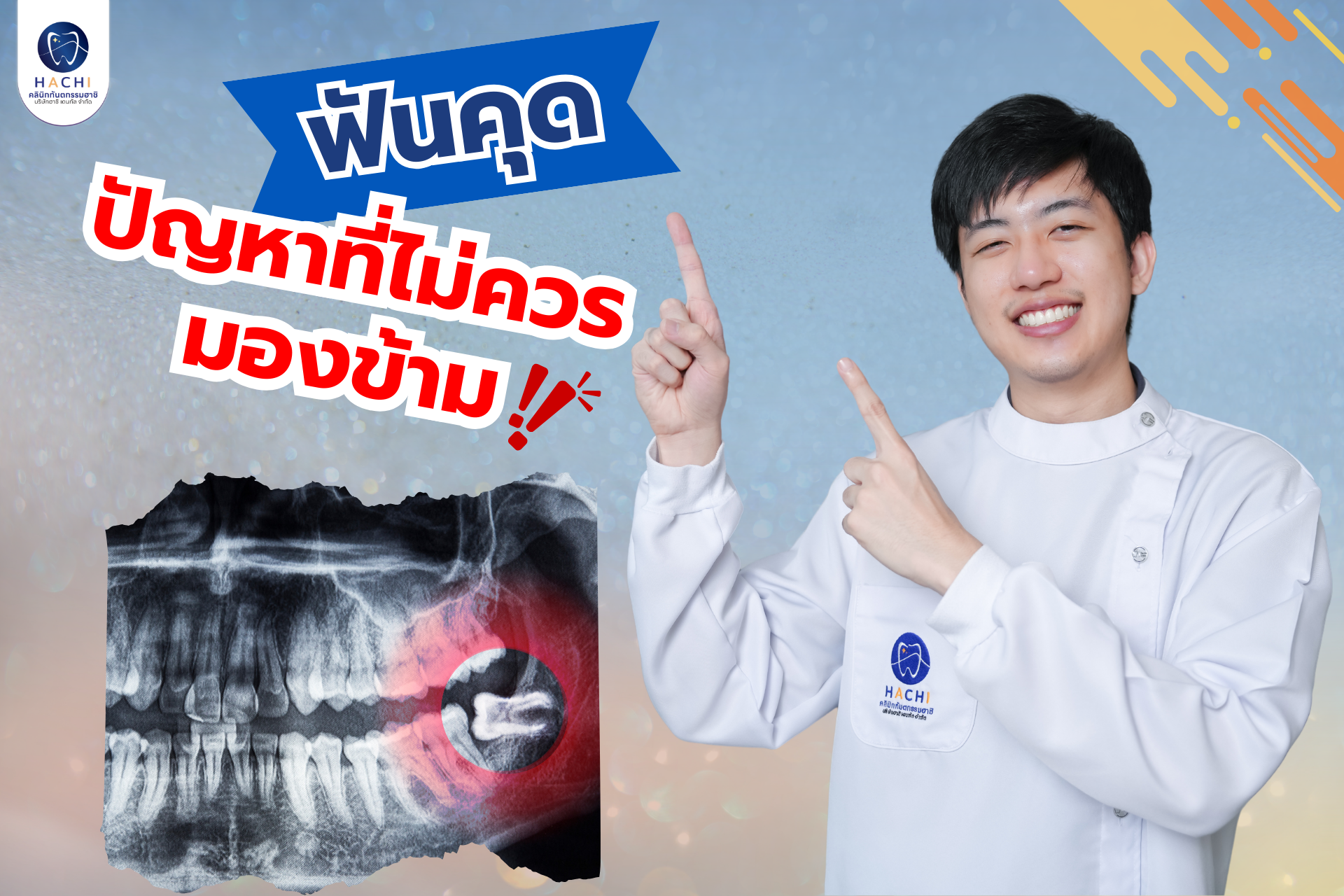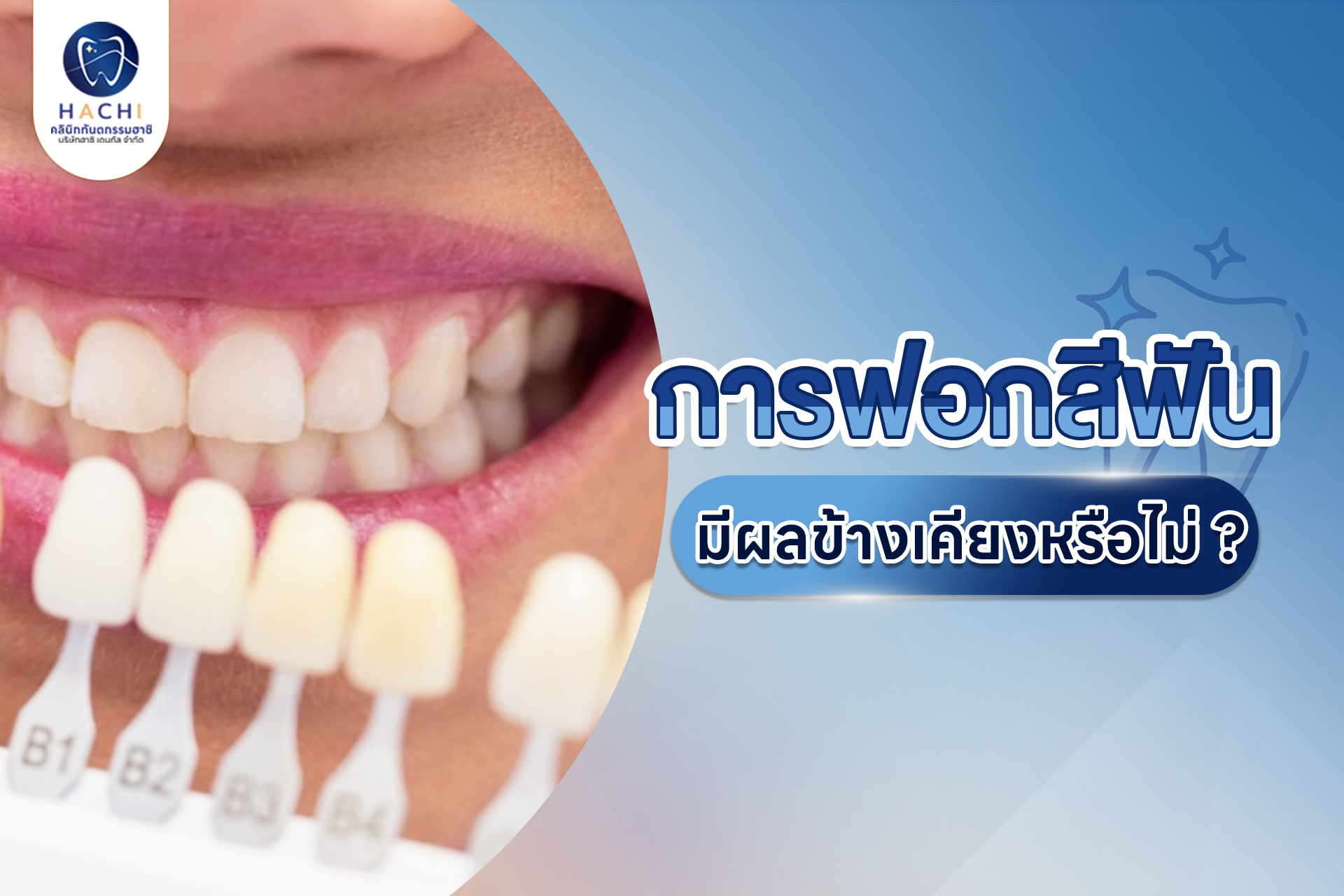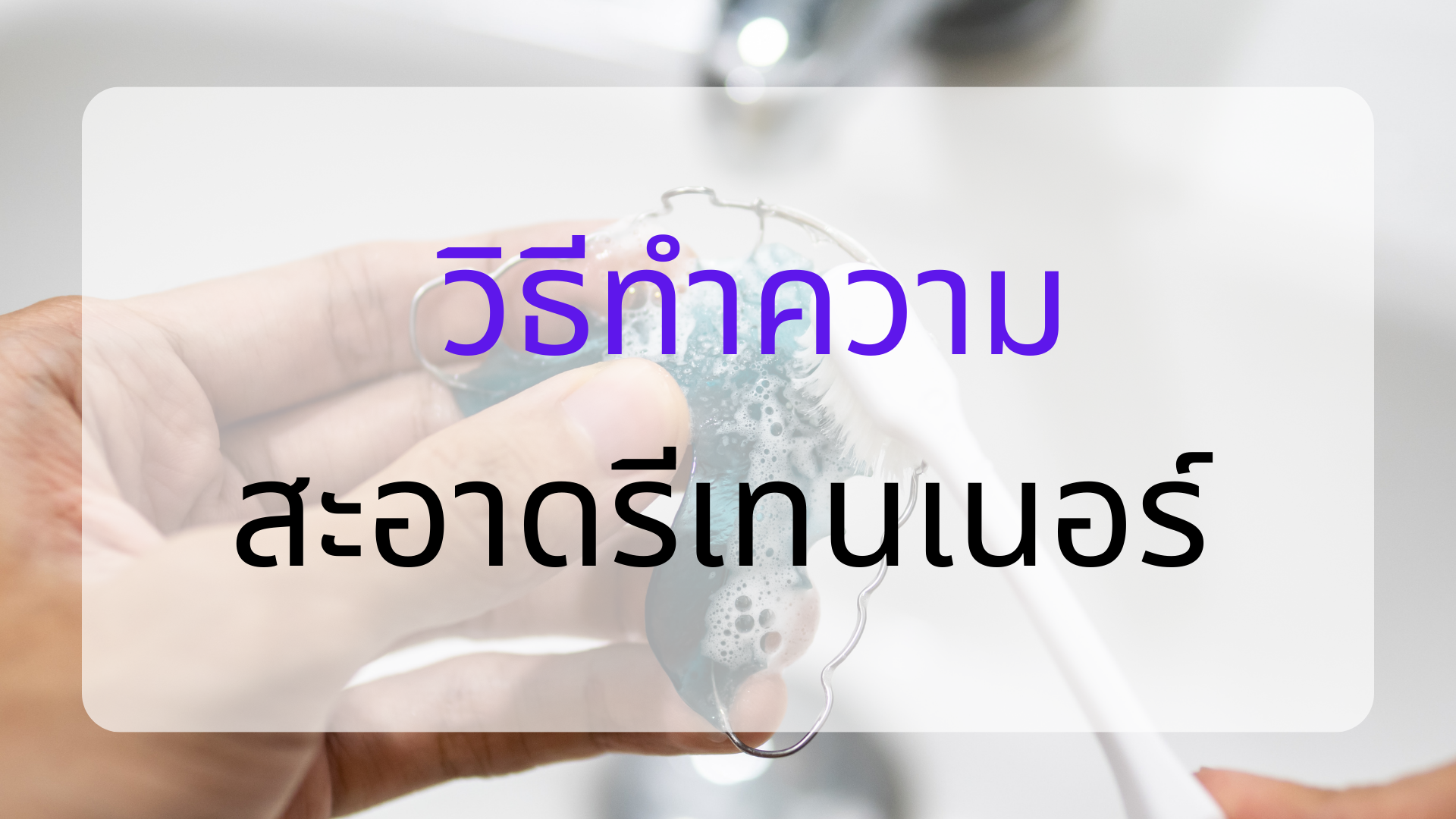Wisdom teeth: a problem that should not be overlooked
09 Oct 2024
Wisdom teeth: a problem that should not be overlooked
Impacted teeth are a common dental problem. This usually occurs when the last molar is formed. (Often called permanent molars or third molars) cannot come in in the correct position This is because there is not enough space in the jaw. This causes the tooth to become stuck under the gum or bone. Or it may only come up in part. Wisdom tooth problems can cause pain and lead to other oral health problems, so diagnosing and caring for wisdom teeth is an important matter that should not be neglected.
Why do impacted teeth occur?
Impacted teeth usually occur between the ages of 17-25, which is when the last set of molars (wisdom teeth) begin to emerge. In some individuals, the teeth can come in normally in the correct position. However, for many people, the jaw may not be large enough to accommodate these molars, causing the teeth to become trapped beneath the gums or tilt against neighboring teeth. When an impacted tooth cannot emerge properly, it can lead to inflammation, infection, or decay in the affected area.
Symptoms of Impacted Teeth
- Pain or swelling in the back of the mouth
- Inflammation or swelling of the gums in the area where the impacted tooth is located
- Bad breath or an unpleasant taste in the mouth
- Difficulty opening the mouth or chewing food
- Sometimes, an impacted tooth may not cause any symptoms but is discovered through an X-ray during a routine dental check-up
Potential Problems Caused by Impacted Teeth
Impacted teeth that are not treated can lead to oral health issues such as:
- Gingivitis (Pericoronitis): Infection and inflammation caused by the buildup of bacteria in the area around the impacted tooth
- Tooth decay: Since cleaning the area around impacted teeth is difficult, tooth decay can occur more easily
- Damage to nearby teeth and bone: The impacted tooth may push against or tilt into adjacent teeth, causing damage
- Cysts or fluid-filled sacs around the impacted tooth: If left untreated, cysts may form, leading to the destruction of nearby bone and tissue
Treatment for Impacted Teeth
If you are found to have an impacted tooth, your dentist will evaluate whether it needs to be removed. In cases where the impacted tooth causes pain or other problems, the dentist may recommend extraction. The extraction of an impacted tooth is usually performed under local anesthesia, though general anesthesia may be used in some cases. After the procedure, the dentist will provide instructions on how to care for the wound to ensure quick recovery.
Preventive Recommendations
Regular dental check-ups and X-rays are the best way to detect impacted teeth early on. If an impacted tooth is found before it causes problems, extracting it preemptively is often the safest course of action to prevent damage or inflammation.









